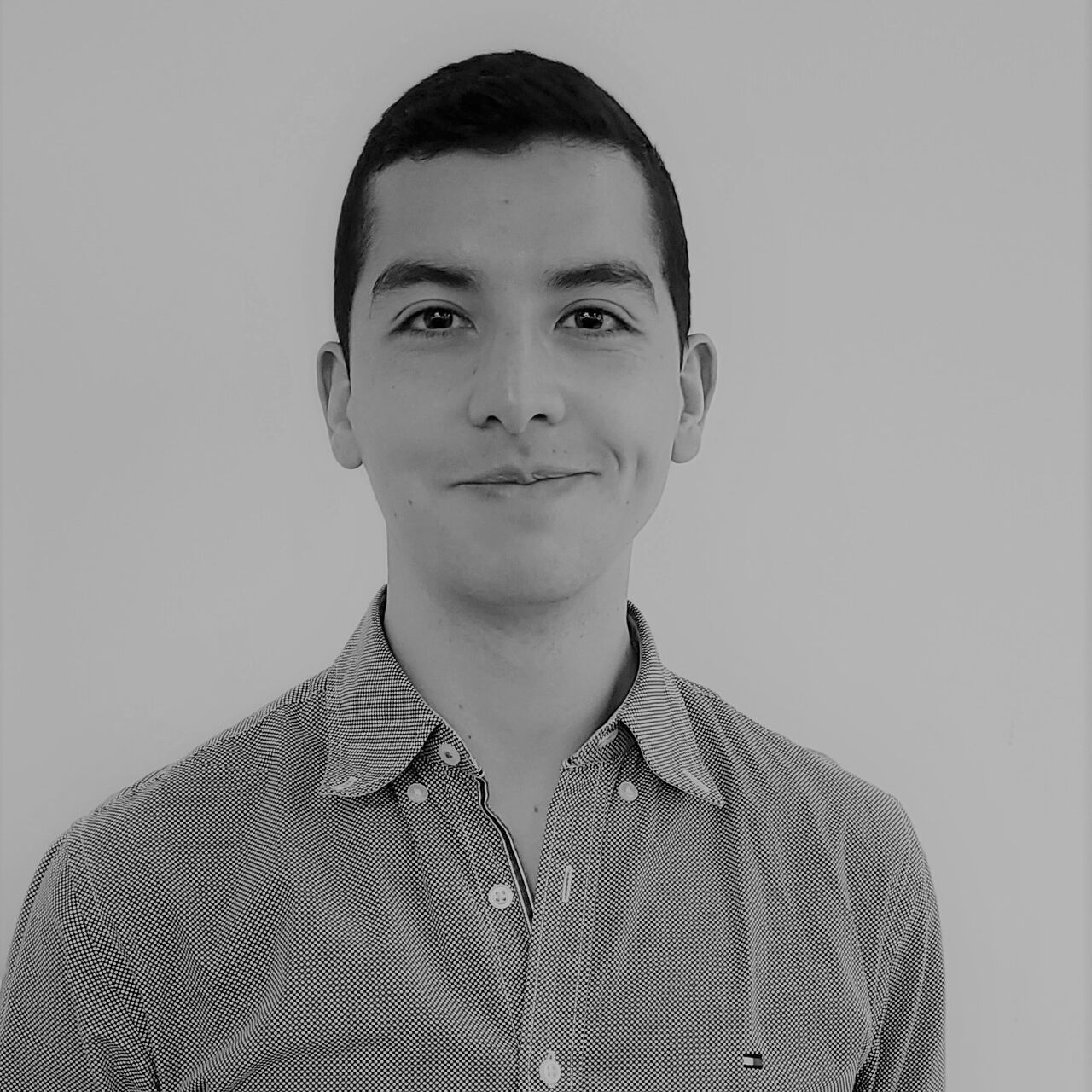His background
My academic career started in 2015 when I decided to study Civil Ingenieer and Geosciences at Universidad de los Andes, located in Bogota, Colombia, the same place where I was born. After 6 years of unforgettable lessons and experiences, I realized I wanted to become a researcher and study granular materials flows, especially natural processes like avalanches. But, what is granular material? Well, it is a material that can be simplified into particles or grains that interact with each other following certain physic laws like friction. In fact, granular materials are present everywhere in our daily lives, for instance in nature (sand dunes, rock avalanches, and snow avalanches) and industry (grains, seeds, and cereals), becoming the second most used raw material, just after water. And there is more, according to the stress state applied to this material, it can behave as a solid, liquid, or even a gas. Personally, I am interested to study the granular materials' behavior when they flow or move, for example during an avalanche in nature, or transport, mixing, and sorting processes in industrial applications. In order to achieve this goal, the second step was pursuing a master's degree focusing on understanding granular materials flows. Thanks to my discipline and enthusiasm for research, in 2020 I won a scholarship to join a two years Master's Program in Civil Engineering, with an emphasis on geotechnical engineering, at Universidad de los Andes. At the end of my master’s thesis, pretty happy to see how far I had come, I felt ready to take the next step, study a PhD to pursue my goal of becoming a researcher. Then, I applied to the CLEAR-Doc program, a partnership between the European Union’s flagship funding program for doctoral education Marie Skłodowska-Curie Actions (MSCA), and the Université Gustave Eiffel to cofund and form PhD students from all around the world in the field of the “City of tomorrow”. In 2022 I received the great news that I had been selected as an ambassador of the CLEAR-Doc program. Therefore, I joined the research project titled: Optimisation of particle transport in polydisperse dense granular flows: towards sustainable processes. This project is part of an ongoing international collaboration between two research groups: one belonging to the University Gustave Eiffel (UGE) located in Nantes, France, and the other one from the Free University of Bolzano in the city of Bolzano, Italy.
Summary of his PhD thesis
This PhD thesis is focused on understanding particle transport in polydisperse granular systems. Processes associated with granular flows (e.g. reactors, mixers, recycling equipment) are often characterized by excessive energy and resource demands. This is explained because granular materials are intrinsically polydisperse in size and composition, which may induce selective spatial transport according to particle size and other particle properties (segregation), meaning problems in control and handling. With this main scientific objective in mind, we proposed to carry out some theoretical and experimental analysis that could help the two research groups to construct models for spatial transport of polydisperse granular materials, which will be applicable to the optimization of industrial processes, with particular attention towards solid-fuel conversion systems (correctly model the particle motion under the fluidization regime) and technologies for the recycling of construction and demolition waste (improve the efficiency of the latter sorting process).
What's next?
I would like to contribute from my role as a researcher with new understandings that could lead our society to develop technology to respond to the challenges of the cities of tomorrow where development and human activities go hand in hand with environmental care.

